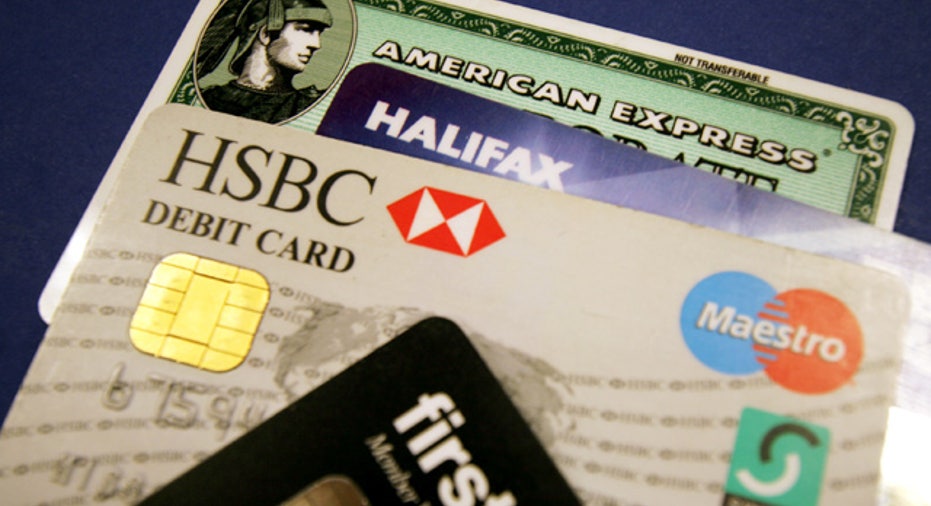The Case of the Mysterious Credit Card Balance

Dear Opening Credits,
I received a statement of an account that I supposedly have. I looked it up on my credit reports and all three show nothing of this account. I don't remember having this account, but there is a balance of $3,200, which has ballooned up to $6,500. I've never received a statement only recently. I have not responded to the bank yet. I believe this account has past the statute of limitations for my state, which is Pennsylvania. Can you advise me what to do?
-Edward
Dear Edward,
Oooh, a mystery! I'd love to unravel The Case of the Strange Balance Due. So I'll put on my Sherlock Holmes costume and get cracking...
You make a couple of interesting remarks: "I don't remember having this account" immediately jumps out.
Most people have some kind of memory about applying for a credit card, receiving it and then using it to purchase goods and services. They may not know the precise figures and dates -- or even the name of the original issuer -- but chances are just having it would ring a bell. If it was totally foreign and bizarre, I presume you'd say something like, "This account is NOT mine! I've never even heard of ABC Bank, and I certainly did not charge up a few thousand dollars. Why, this is outrageous!"
Other statements strike me as peculiar. You mention the amount owed before it swelled to over twice that sum. What would that matter if it's totally erroneous? Also, you seem to be focusing on the statute of limitations for debt collections.
Edward, my good man, I'm beginning to think that this puzzling liability may, in fact, be yours.
Now, don't panic. Even if my suspicion is correct, this doesn't mean that you have to pay. I don't know for sure, but it seems the debt is so old that not only has the time frame for the creditor to sue you lapsed (four years in the fine state of Pennsylvania), but it's not appearing on your credit reports anymore. The Fair Credit Reporting Act stipulates that this type of negative information must be permanently purged from the reports seven years from the date of last activity or charge-off, whichever came first.
So what does all this mean to you? It means that the creditor can't sue you, win a judgment and possibly take some of your income or property. Your credit report doesn't show evidence of the delinquency, so no one is the wiser. These factors put you in a pretty powerful position.
The bank (or, I suspect, the collection agency that bought the bill) is sending you pay-up notices, because even without legal means to collect, a balance is still unpaid. And they'd like the money. So here's my advice, and it goes in two different directions:
1. You can call the collector and explain that you don't have to send them a dime because they can't force you (based on the information I just provided).
2. You can pay the debt in full or offer a settlement -- if, in fact, you did ring up about $3,000.
Now, in the event that the account is absolutely false, contact the collector and tell them so. Demand they prove ownership. If they can't and refuse to back off, consider sending them a cease-and-desist letter. At receipt, they can either stop pursuing you or take you to court. If the debt doesn't belong to you, then you have nothing to worry about.
Puts pipe in pocket
Case closed? Maybe, maybe not. But as Holmes so pronounced in "The Hound of the Baskervilles," "We balance probabilities and choose the most likely. It is the scientific use of the imagination."
More from CreditCards.com:



















